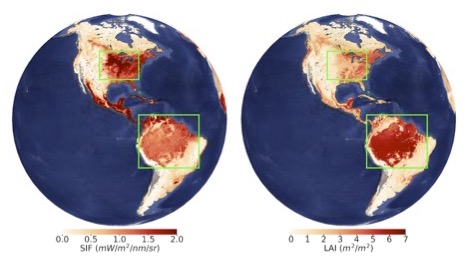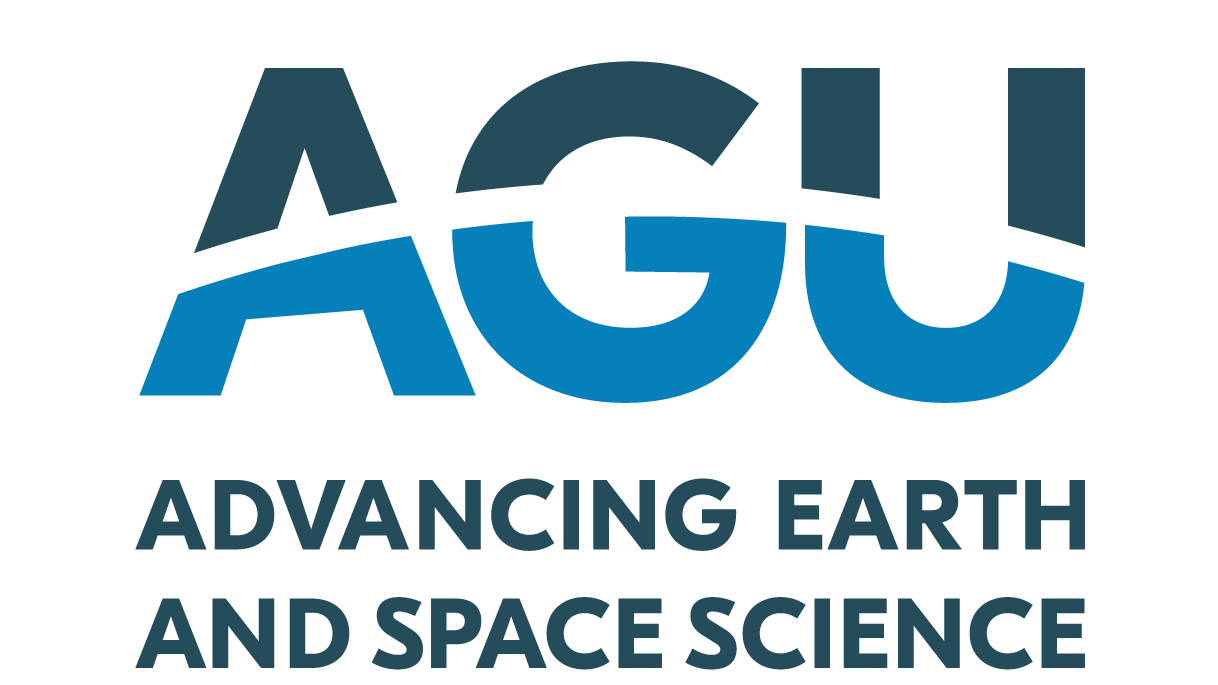For decades, scientists have used satellite data to assess the health and greenness of Earth’s…
BAERI Wins $137 Million NASA Contract
Story by Cathy Bussewitz
THE PRESS DEMOCRAT
NASA awarded $137 million Thursday to a team led by a Sonoma environmental research group to study climate change and pollution.
The 10-year contract provides a long-term funding source for the Bay Area Environmental Research Institute,which was founded in 1993 in Sonoma and employs about 40 people.
“I think that the fact that this is for 10 years is a commitment on the part of NASA that this work should be continued,”
said Dr. Robert Bergstrom, a mechanical engineer and attorney who serves as director of research at the BAER Institute.
The Sonoma nonprofit will manage reporting and finances for the project, splitting the funds with researchers from three universities: California State University at Monterey Bay, the University of California at Davis and the University of North Dakota.
The BAER Institute, which reported $5.8 million in revenues on 2010 tax documents, will receive about $3 million annually under the 10-year contract, Bergstrom said.
The grant will enable the group to continue its work gathering data on climate change and pollution using planes, satellites and unmanned drones.
The researchers will travel to spots like Thailand, where this summer they will run a DC-8 jetliner modified by NASA for scientific experiments.
“It’s very useful for scientific tasks, because it flies really slow and can carry a lot of equipment,” Bergstrom said.
The planes will measure tiny atmospheric particles like black carbon, sulfate and dust.
“There’s a large amount of aerosols and particulates and gases that come from India and China and they end up in the Arctic,” Bergstrom said. “And if the black carbon particles land on the snow, they help melt the snow, and the Arctic Sea ice.”
The unmanned drones will do similar work, but can stay in the air for 24 hours without the need for a pilot, making them cost-effective, Bergstrom said.
Many of the Sonoma organization’s scientists work at NASA’s Ames Research Center at Moffett Field, Bergstrom said. The Sunnyvale center is a major research hub for NASA, employing 2,500 scientists and technology developers with an annual operating budget of more than $750 million, according to NASA’s website.
BAER scientists study a broad range of topics ranging from how microbes develop in primitive atmospheric conditions to monitoring the Earth and Martian atmospheres using satellites.


